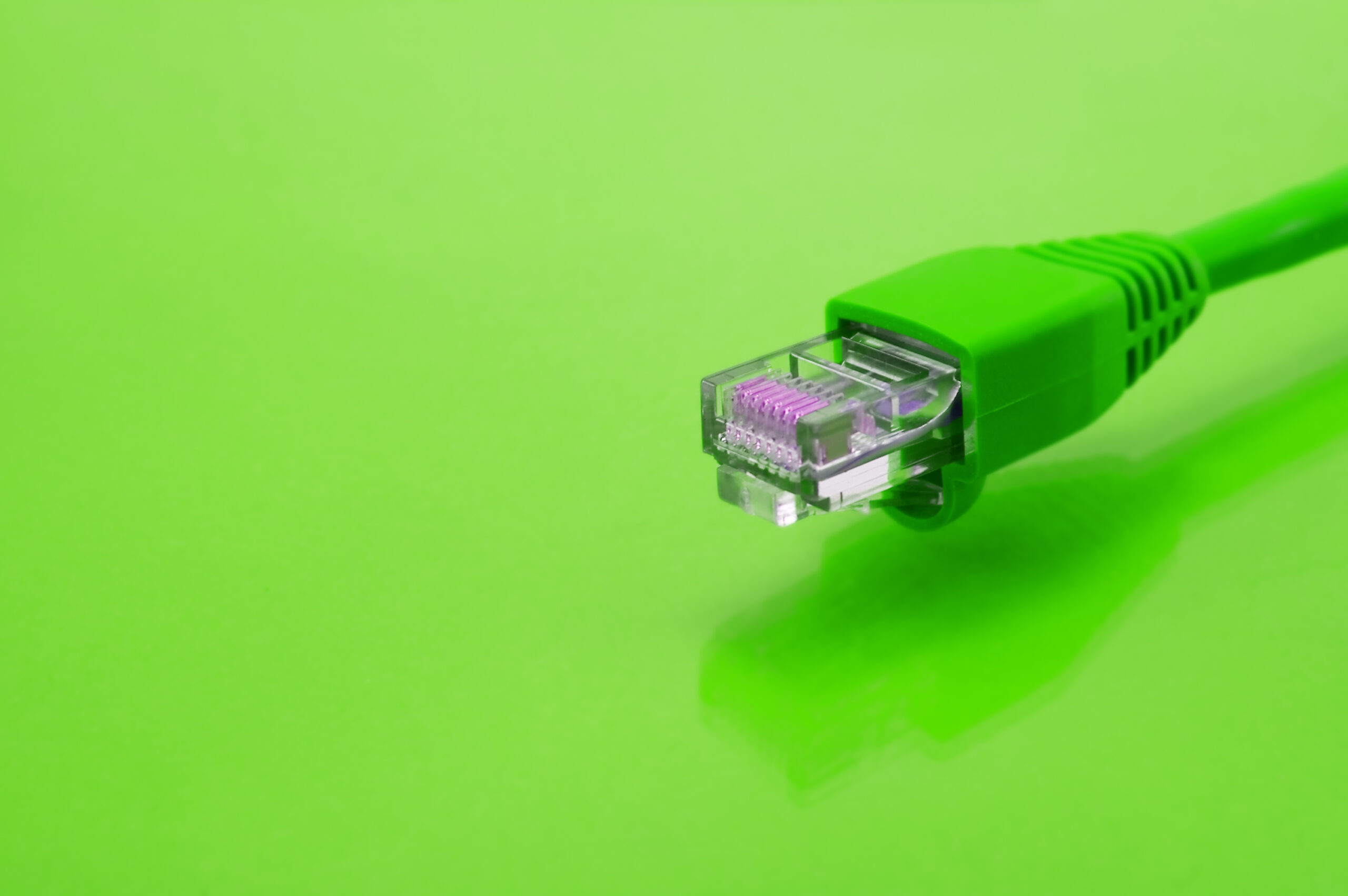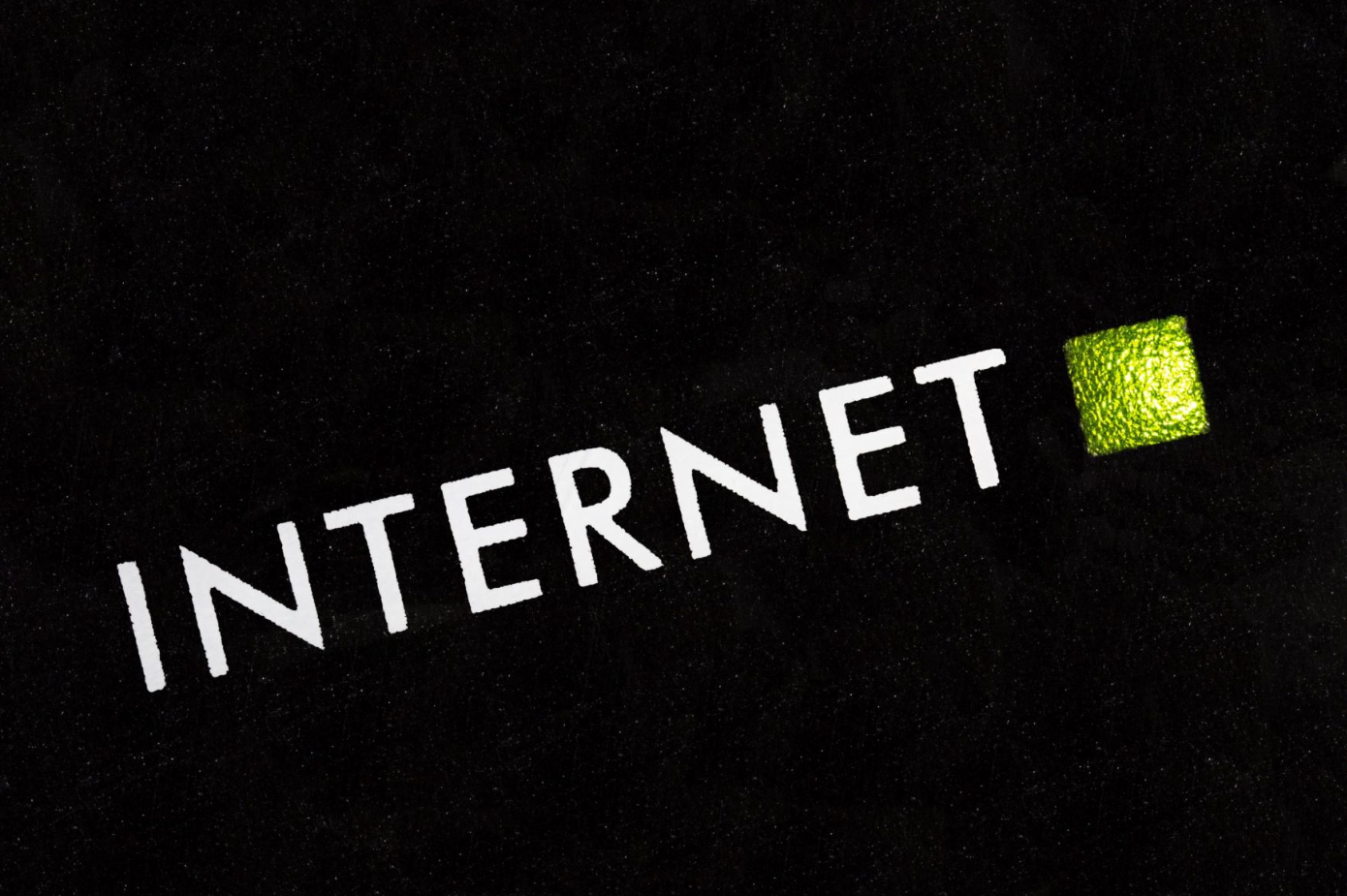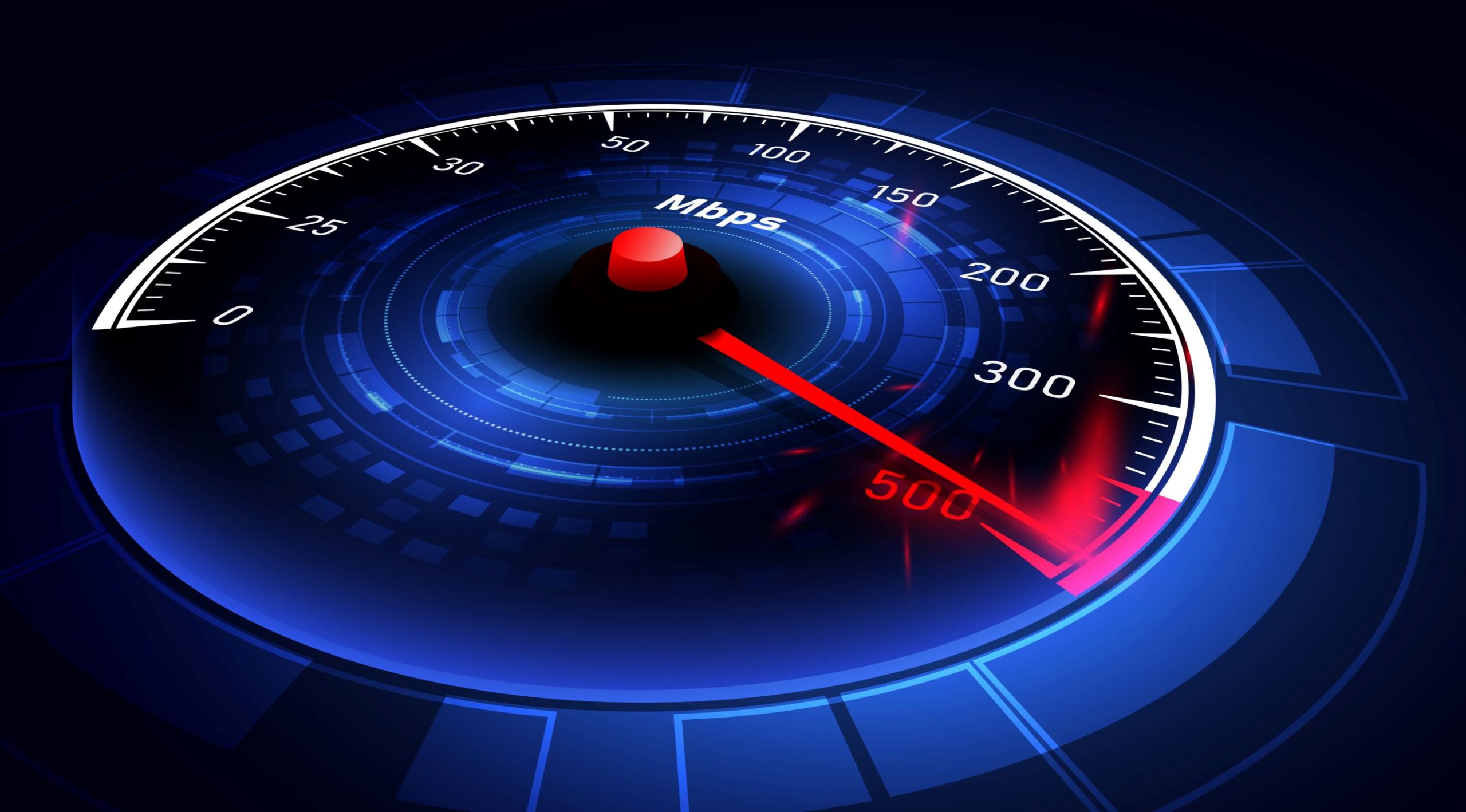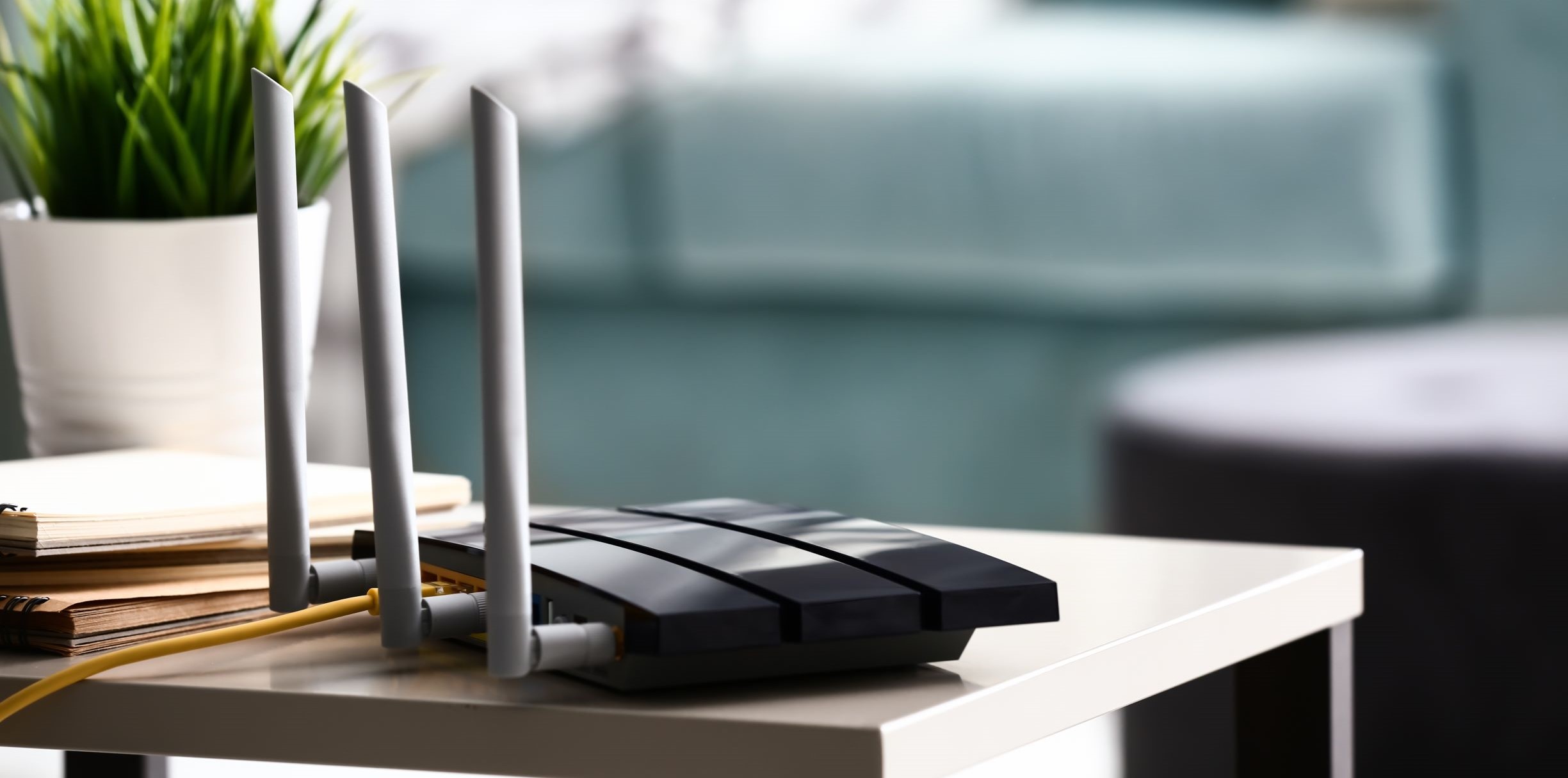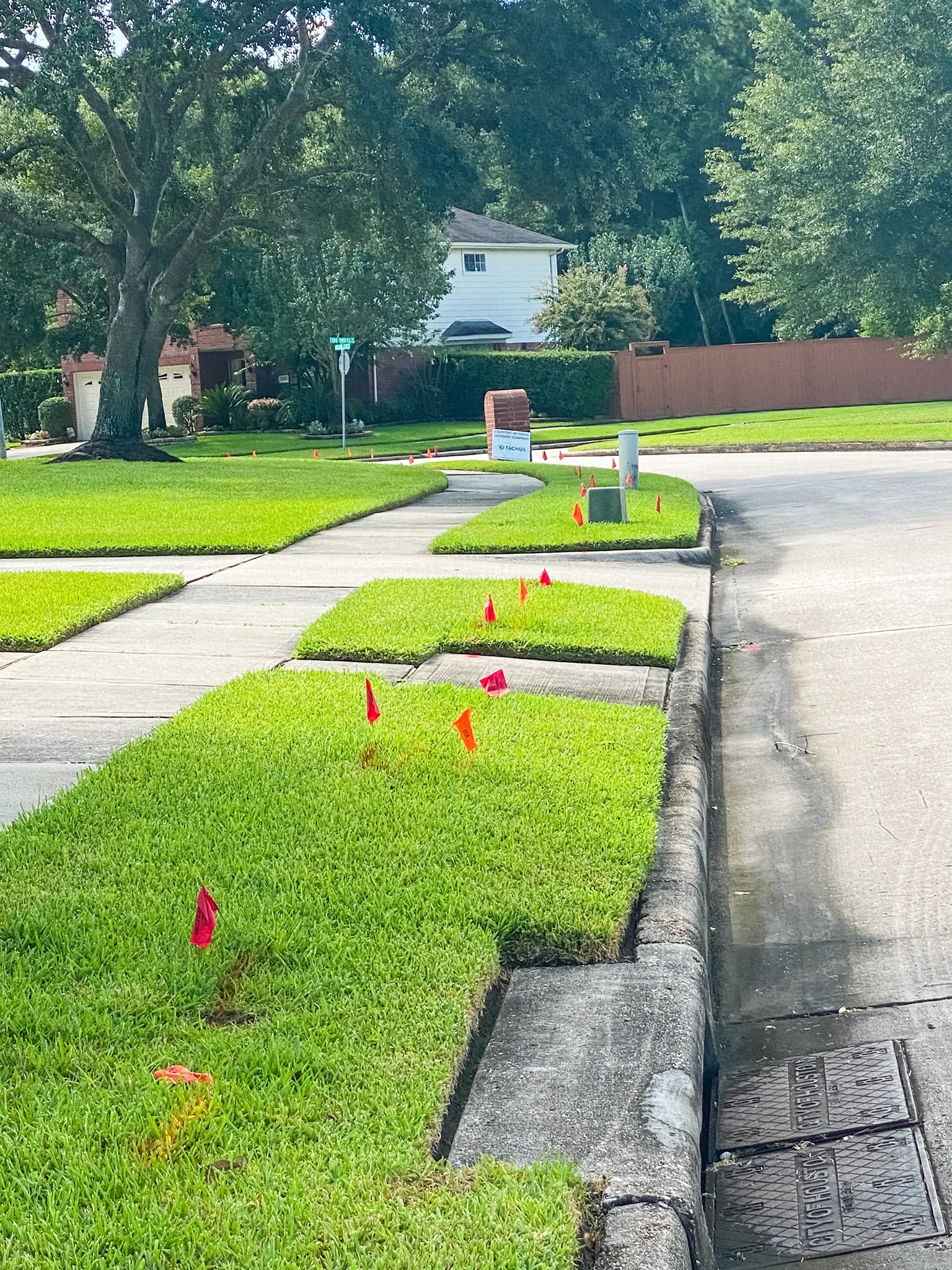The Difference Between a Static and a Dynamic IP Address
March 14, 2024 | Tachus Community

What is an IP Address?
An IP address, or internet protocol address, is a network address for your computer.
They are key in how devices connect and send information to one another over the internet. Just like how you use a street address to send and receive mail, each of your devices uses an IP address to send and receive information online.
For this reason, each address is unique for each device that connects to the internet. Every device that you use, including your modem and your router, has its own IP address.
When you sign up with an internet provider, you’re given either a dynamic or a static IP address. If you’re using the internet at home, you most likely have a dynamic IP address—but it’s still useful to know about both kinds of addresses and how they differ.
What Is a Dynamic IP Address?
Dynamic addresses are named as such because they change. Most IP addresses that are assigned by an ISP are dynamic. You may think that an address that changes time to time might defeat the whole purpose of having one, but it doesn’t change in a way that could affect how an average everyday user sends and receives information over the internet.
Why does a Dynamic IP Address Change?
Since millions of users are on the internet at any given time, it would be a logistical nightmare and extremely expensive to assign a permanent IP address to every user.
Dynamic IP addresses allow internet providers to share IP addresses from a large pool that they own, essentially letting users “borrow” their IP address when they go online.
For the internet user at home who goes online to game, stream TV, catch up on emails, and teleconference, a dynamic address can have many benefits.
Benefits of a Dynamic IP Address
Cost
A dynamic address is much more cost-effective and affordable to maintain. The average home internet user really has no need to spend extra on a static address if they have everything they need in a dynamic address.
Security
An address that changes means it has a lower risk of being targeted or tracked.
Setup
Each dynamic address is automatically assigned using a DHCP, or Dynamic Host Configuration Protocol, server. For the average user, this is one less thing they can worry about configuring.
Likewise, if you were to move across town, you’d be able to remain with your ISP and not have to go through the process of rerouting your IP address.
Number of Devices
Whenever you add a new device to your network, it’s assigned with a new address. Sometimes, the same addresses are reused, which helps avoid any kind of address conflicts. If a device with a dynamic IP address frequently disconnects, the same address can be reused by another device.
Dynamic IP addresses are perfect for anyone who wants to use their internet connection at home for everyday purposes. They are low maintenance and easy to use.
But for some users, namely businesses or more advanced users who need something more robust, a static IP address is necessary.
What Is a Static IP Address?
A static IP address is one that does not change. Once a device has been assigned a static address, you can expect that address to remain the same. Businesses, especially ones setting up a web server, are generally better suited for these than home users are for a few reasons.
Why Static IPs are Beneficial for Businesses
Remote Access
If your device has a static address, you can access that device from anywhere in the world if it’s connected to the internet. It’s how a company’s employees can access its network when they work remotely with a VPN.
Hosting
One of the biggest advantages for a static address is the ability to host servers. With a static address, users hosting a web server, email server, or any other kind of server can be more easily found by their clients.
Geo-Location
A static IP address can be matched to a physical location, making any geolocation services used that much more accurate.
These are just a few of the key differences between dynamic and static IP addresses. If you consider yourself an average internet user at home, chances are you don’t need anything more than a dynamic IP address, which is why Tachus provides them to all our residential customers.
Get the IP Address you need with Tachus Fiber Internet
Whether you’re using the internet at home or to run a business, Tachus Fiber Internet provides you with the high-quality connection you need.
Tachus Fiber Internet delivers blazing fast speeds with exceptional performance and reliability.
Featuring 24/7 local support, our customer service team and tech team is dedicated to keep your connection running seamlessly and uninterrupted.
Get 100% fiber-fast internet to your home or business with Tachus today!


